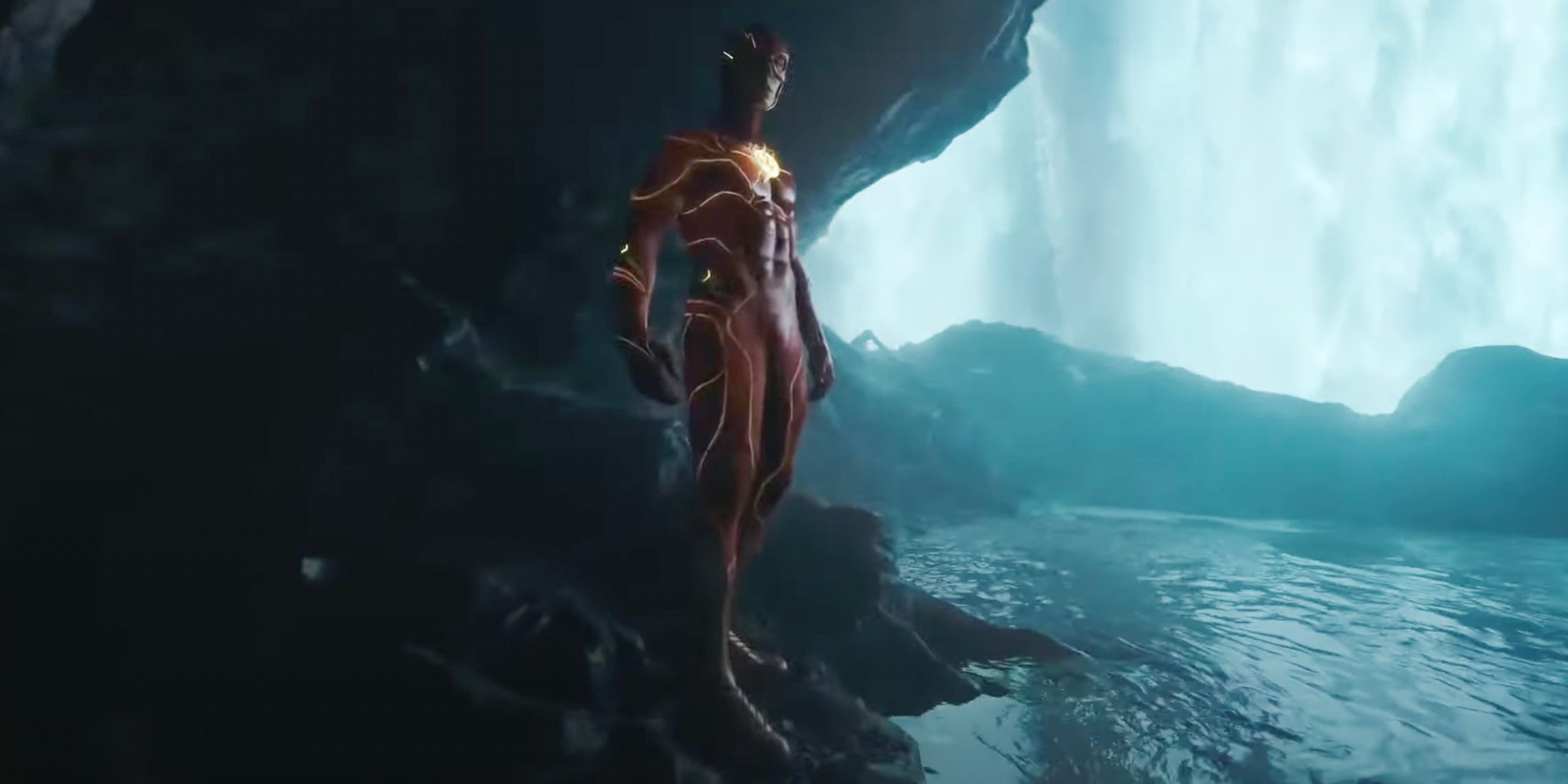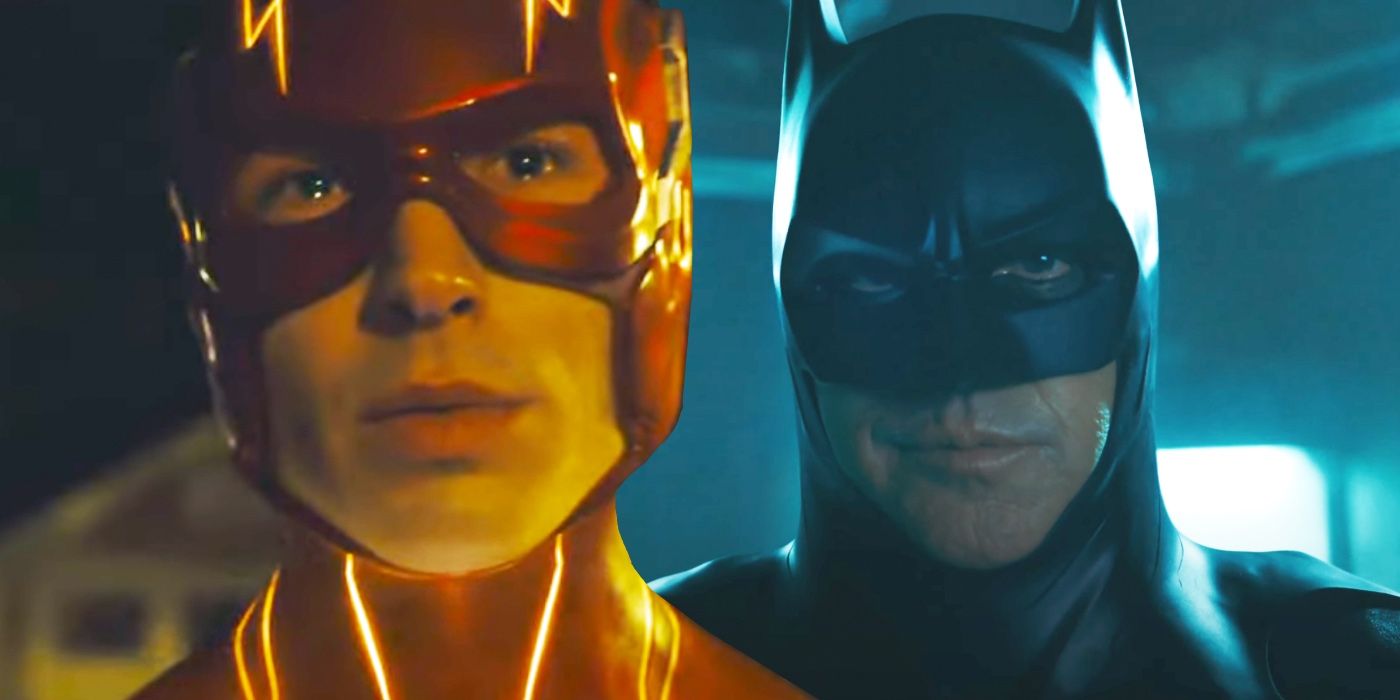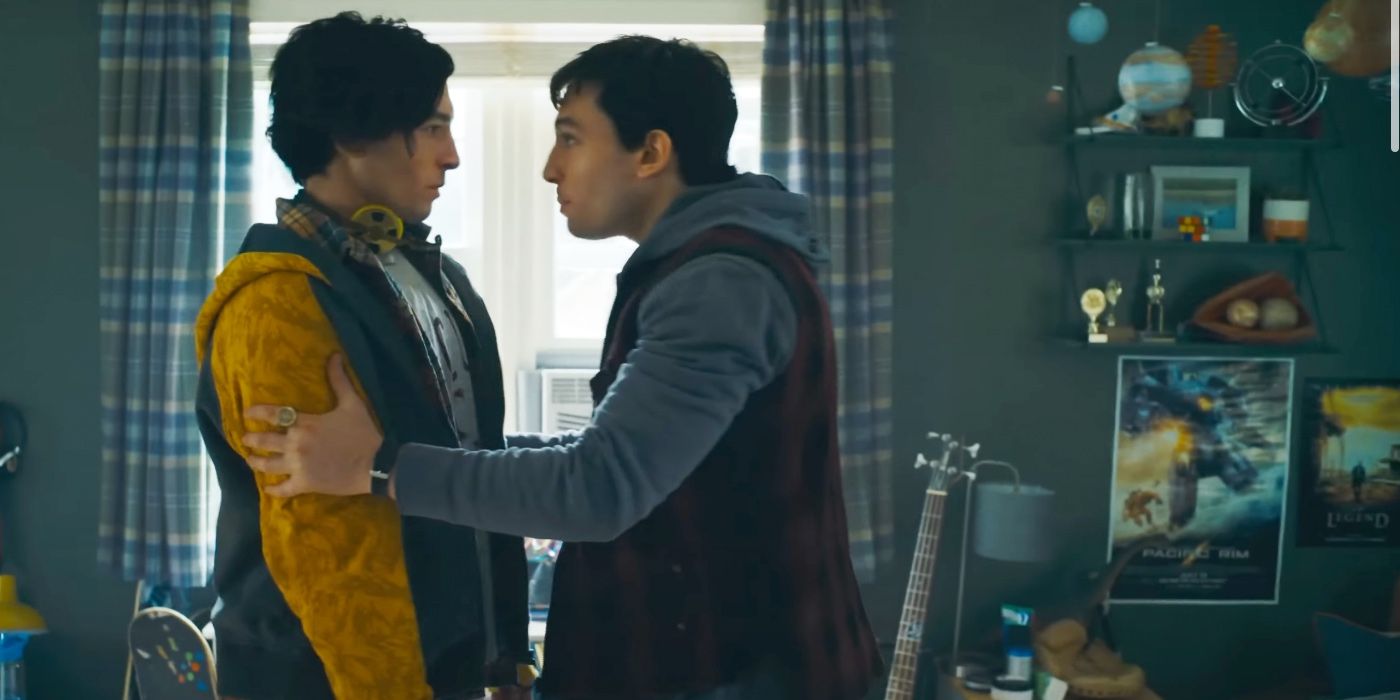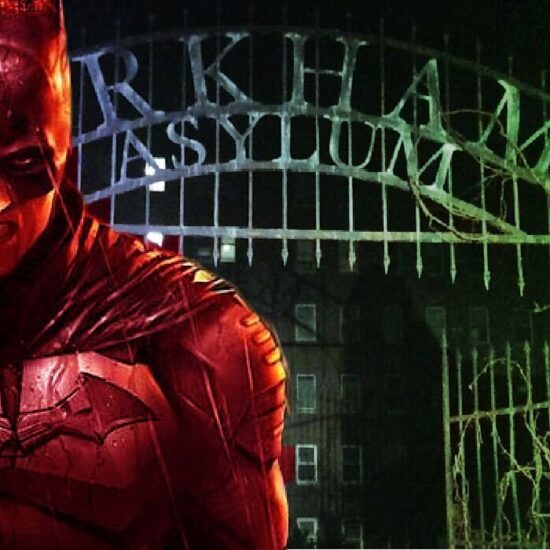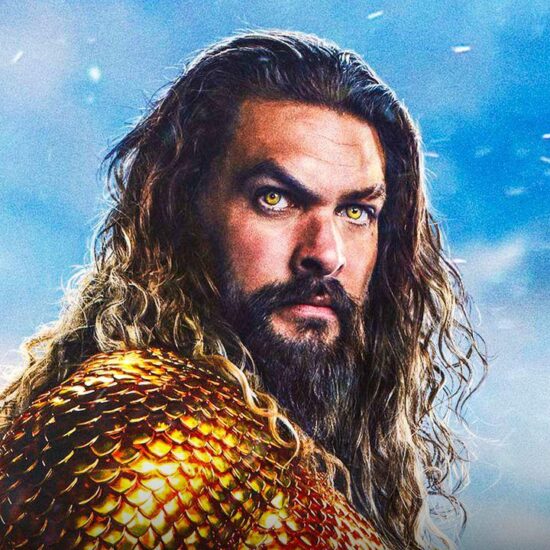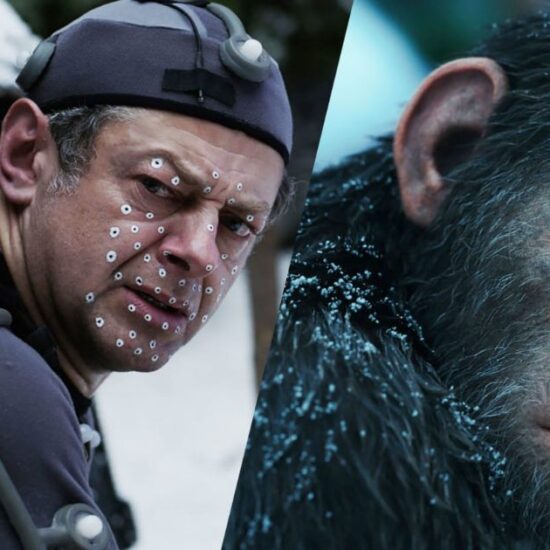
Summary
- The Flash faced numerous challenges, including delays and director changes, before finally hitting theaters in June 2023.
- The film received mixed reviews, with criticism directed towards its visual effects, controversial cameos, and lack of significant changes to the franchise.
- Despite initial expectations of a franchise reboot, The Flash ultimately concluded without fully resetting the universe, setting the stage for a future reboot after Aquaman and the Lost Kingdom.
DC’s The Flash sped into theaters in June 2023, giving Ezra Miller’s Barry Allen a final, complicated solo film for the DCEU. The studio announced plans for The Flash back in 2014 after Miller was cast as the Scarlet Speedster for Batman v Superman: Dawn of Justice. Production continued on the movie as they made additional appearances in Suicide Squad and Justice League. With the new path of the DC Universe laid out by James Gunn and Peter Safran, it initially appeared to be confirmed that The Flash would serve as a reset for the entire DCEU timeline, rebooting the cinematic universe – only for this to seemingly change upon the film’s release.
The Flash did not have an easy time getting to the big screen. Along with Ezra Miller’s legal troubles which put the movie’s release in doubt, the search for a director seemed endless. Some of the names who joined the project only to depart include Phil Lord and Chris Miller, Seth Grahame-Smith, Rick Famuyiwa, and John Francis Daley and Jonathan Goldstein. Andy Muschietti, who took on the adaptation of Stephen King’s It, finally took the helm, getting The Flash moving years after it was first announced.
The Flash Movie Latest News
The Flash released to some less than stellar reviews, which cited the movie’s poor VFX, controversial cameo decisions, and lack of actual change to the franchise as their main criticisms. As a result – and in part because broader audiences learned the movie didn’t actual show the reboot of the DC movie franchise into its new era – The Flash also saw low box office results, garnering around $270 million, which is projected to be potentially a $200 million loss for Warner Bros.
The Flash Movie Release Date
The Flash released on June 16, 2023, which was much later than initially expected. Warner Bros. announced in 2014 that the movie would hit theaters in March 2018, but it eventually lost that release date due to its prolonged development. Once Andy Muschietti was hired to direct, The Flash received a July 2022 release date, but it was ultimately delayed to November 2022 due to COVID-19. However, Warner Bros. then decided to delay the movie once more to give the creative team and visual effects teams more time to complete the movie.
The Flash Movie Cast
Ezra Miller leads The Flash as two versions of Barry Allen, but the film’s cast includes many other returning DC characters. Kiersey Clemons reprises her role of Iris West from Zack Snyder’s Justice League, and The Flash also introduces Sasha Calle as Kara Zor-El, a.k.a. Supergirl, in place of Henry Cavill’s Superman. The Flash also sees Gal Gadot appear as Wonder Woman, and three versions of Batman share the screen, as Ben Affleck returns as the DCEU’s Dark Knight, Michael Keaton will reprise his role from Tim Burton’s Batman and Batman Returns, and George Clooney appears for a final surprise Dark Knight addition. The film also sees Maribel Verdú play Barry Allen’s mom, Nora Allen, and Ron Livingston replace Billy Crudup as Henry Allen.
Michael Shannon and Antje Traue also return from Man of Steel to portray General Zod and Faora-Ul, respectively, and Temuera Morrison, who portrays Aquaman’s father, Thomas Curry, in Aquaman and Aquaman and the Lost Kingdom, makes another, potentially final DCEU appearance in The Flash. The Flash cast also features a range of other actors, including Saoirse-Monica Jackson, Ruby Mancuso, and Luke Brandon Field.
Several other DC cameos by returning actors from DC’s film history are featured in the movie’s multiverse scene, including Nicolas Cage’s Superman from the canceled superhero movie he was set to star in, Adam West’s Batman, Helen Slater’s Supergirl, and also both Christopher Reeves and George Reeves’ versions of Superman. These cameos saw some audience backlash upon the film’s release, due to the posthumous appearances appearing to be against the potential wishes of some of the actors whose likenesses were used.
The Flash Story Details
Inspired by DC Comics’ 2011 crossover event, Flashpoint, The Flash sees Barry Allen travel through time to attempt to prevent his mother’s murder, inadvertently finding himself in a new universe instead. The Flash’s multiverse storyline is used to explain the return of Michael Keaton as Bruce Wayne, and the involvement of two versions of Barry Allen. In this new reality, Kara Zor-El ended up on Earth instead of Kal-El, a.k.a. Superman, and Supergirl is a prisoner, feared rather than adored, which stays true to the comic storyline.
The Flash’s multiversal storyline meant it appeared to be the perfect vehicle to reset the DC Universe and allow James Gunn and Peter Safran to start over with new takes on some of DC’s most iconic characters. However, this didn’t end up coming to fruition in quite the manner audiences were expecting.
Instead of rebooting the franchise for the DCU, the movie concludes with George Clooney in the role of Batman and little else about the universe seemingly altered. To boot, a recent report from Variety have stated that none of the DCEU’s Justice League hero cast will be reprising their roles in the DCU, meaning that a whole new reboot is set to occur after Aquaman and the Lost Kingdom. While this means The Flash ends on an odd note, it still makes it an interesting part of the overall DC landscape and history.







